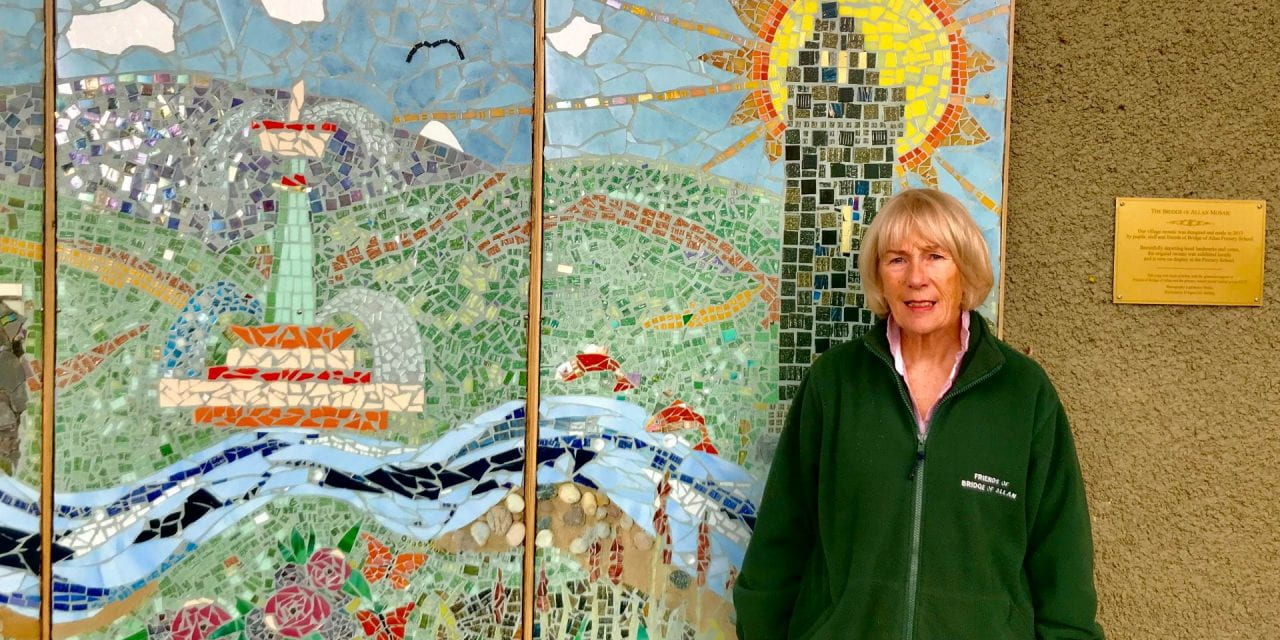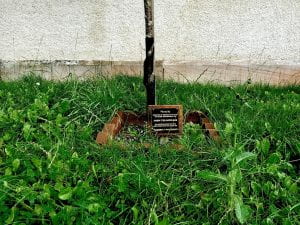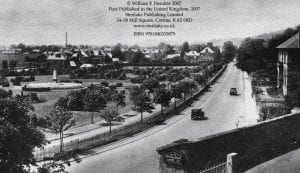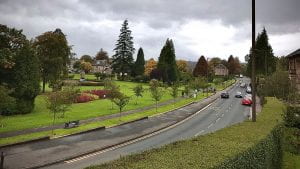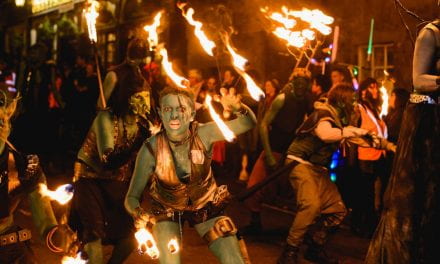Bridge of Allan train station may be up for ‘adoption’ soon after talks have halted between ScotRail and the community.
Train stations across Scotland are maintained by community organisations rather than ScotRail, as part of an ‘adoption’ programme.
Friends of Bridge of Allan have fostered their local station since 2009 and claim that due to a lack of cooperation from ScotRail, they are considering withdrawing from the agreement.
“The grass is now a dreadful mess,” said founder Elizabeth Rankin, 67. “We would have gone in and cut it but ScotRail informed us that we’re not allowed to use any power tools at all.
“The north platform exit has become such a mess that it’s gone beyond us doing anything with it.”
ScotRail has also prevented the group from installing a mural on a disused building within the station, despite giving them a grant to do it, the group has claimed.
“Everything was moving along quite nicely until we found they were constructing a large bicycle shelter in front of the wall where the biggest mural was going.”
The group consequently abandoned the project – returning the grant money.
“The committee have decided that, if things do not improve, we shall withdraw from adopting the station next year,” Elizabeth said.
A ScotRail spokesperson responded: “We set high standards for ourselves in the upkeep of stations throughout the country.”
They added: “Our hardworking maintenance team carries out work across Scotland’s Railway, and we will continue to engage with our customers and stakeholders in Bridge of Allan to work to maintain and improve the facilities at the station.”
Who are the Friends of Bridge of Allan?
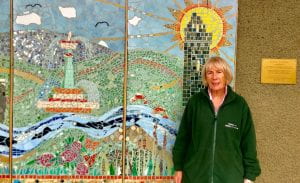
Elizabeth Rankin by the mural designed by the primary school and commissioned by Friends of Bridge of Allan
A dedicated committee of retirees keep Bridge of Allan prim and proper, despite a dwindling number of helping hands.
Friends of Bridge of Allan began 11 years ago in a bid to rejuvenate the neglected Memorial Park. The park was neglected and swamped with rubbish.
“You could go round in the morning and pick up two bags worth [of litter],” founder Elizabeth Rankin, 67, said. “Students going to university, going: chuck, chuck, chuck.”
The group was of the mind that for attitudes to change, perseverance was key.
“I said at the start: ‘Give it six months and no one will be interested’,” Elizabeth said.
Memorial Park has been masterfully restored since the group’s inception, and they have since moved on to other projects.
“We have 146 hanging baskets just now. About 70-80 [are sold] to the merchants,” Elizabeth explained. Baskets that aren’t sold are in full bloom around the village.
“I think since we’ve started doing this, more people come for coffee and lunch,” Elizabeth said.
“The café culture has now started, because it’s a nice place to sit and think. A lot of that is down to our work in keeping it nice.”
New trees are planted in the park using innovative fundraising. “When people in the village want to commemorate, they buy one of these trees and have a plaque in memory of the loved one.”
Rows of cherry trees have been recently planted in the park. “We made the decision to remove the old ones and replant them, so that future generations can have their cherry trees.”
Bridging the gap between ‘future’ and older generations is a core ideal of the group.
“We have a programme going with the primary school and have had since the beginning,” Elizabeth said.
This year, primary one’s have been planting snowdrops. Other pupils take part in ‘nature studies’, identifying trees and inspecting ‘cones and leaves’.
Bat and bird boxes have been put in the park, which the kids look after.
Children with additional needs also participate. “Their task this year was the weeds by the memorial trees; they get a bit overgrown.
“I said, ‘This tree is in memory of someone who was loved, so if you keep those circles around the trees tidy, it will mean a huge amount to people’.
Many members are simply unable to keep up with their great work. “We need new blood. The community take a big interest in what we are doing but we could do with an awful lot more volunteers.”

